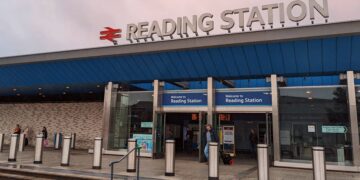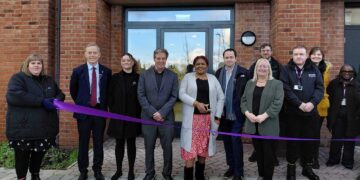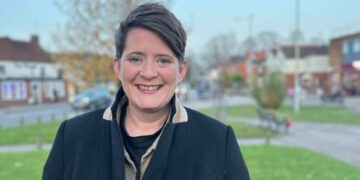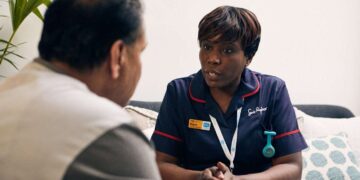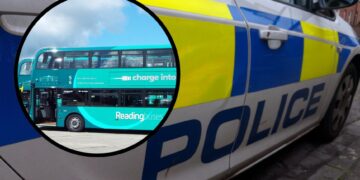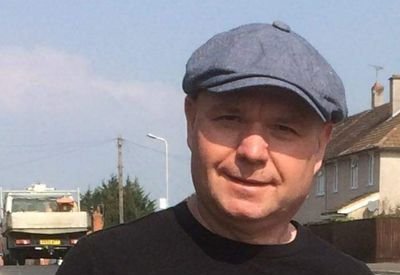I’m pleased that the heatwave of a couple of weeks ago has now eased. With temperatures over 30 degrees, I like the warm weather, but it was a little too hot for me, as I’m sure it was for some of you.
That intense heat can be dangerous for those out in it all day, and that’s why we activated our Severe Weather Emergency Protocol (SWEP) in mid-July to look after those rough sleeping. Whilst many people might assume our SWEP response is only for when temperatures are sub-zero, it is also in place to protect the vulnerable in very high temperatures too.
A yellow heat-health alert on 10 July triggered a response including our outreach teams distributing water and sunscreen to people out on the street and CIRDIC at St Saviours Church welcoming people who wanted to seek shade. One of our homlessness charity partners, St Mungo’s, also offered additional, targeted support to individuals with specific health needs who may have been further impacted by that heatwave.
I’m pleased that our SWEP response, along with our year-round commitment to reducing rough sleeping and supporting those who find themselves rough sleeping to break that cycle, is so comprehensive but we know there is more that needs to be done.
That’s why we’re asking you to contribute to our homelessness strategy consultation. Your input will shape how we tackle homelessness and rough sleeping in our town.
At least every five years all local authorities have a duty to review homelessness in their area and publish a strategy that outlines how it intends to tackle and prevent homelessness. We have proposed some priorities for our Homelessness and Rough Sleeping Strategy 2025-30 and we would like your views.
These are:
Priority 1: Intervene early to prevent homelessness and rough sleeping
Early intervention reduces homelessness crisis and costs of emergency accommodation. When homelessness occurs, rough sleeping or stays in emergency accommodation must be brief.
Priority 2: Break the cycle of homelessness and rough sleeping
Ending the cycle improves individual and community health and well-being. It interrupts cycles of trauma and creates safer, more inclusive neighbourhoods.
Priority 3: Increase access to decent, suitable and sustainable accommodation
When people have a permanent home, they have more chance of controlling their lives and finances. They are more likely to access healthcare and keep employment. A settled home reduces the likelihood of recurring homelessness and rough sleeping.
To help deliver this, we intend to improve how we work with other organisations such as hospitals, prisons and the Home Office, and make our partnerships stronger with local charities and community interest groups. We will also strive for innovation so we can find new ways to deliver our homelessness services that offer the best value for money.
You can help by giving your views on how we can tackle rough sleeping and homelessness, please go to www.reading.gov.uk/homelessness2025 before the closing date of 10 August.
Finally, another way to help influence the futures of those rough sleeping in Reading in a positive way is to donate to Tap for Reading – the best way to help reduce homelessness in Reading and a better way to donate than giving direct to those begging on the streets. 100% of your donation goes directly to our four homelessness charity partners – Launchpad Reading, YMCA Reading, The Salvation Army and St Mungo’s – and this ensures your money goes to helping people who are genuinely homeless. You can donate at one of the tap points around town, including at Reading Station and Broad Street Mall, or online at www.reading.gov.uk/tapforreading



